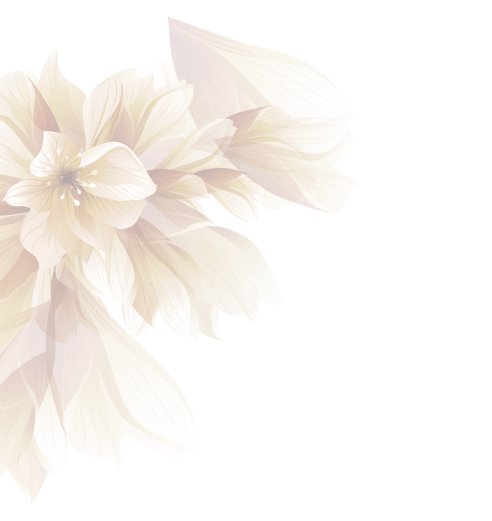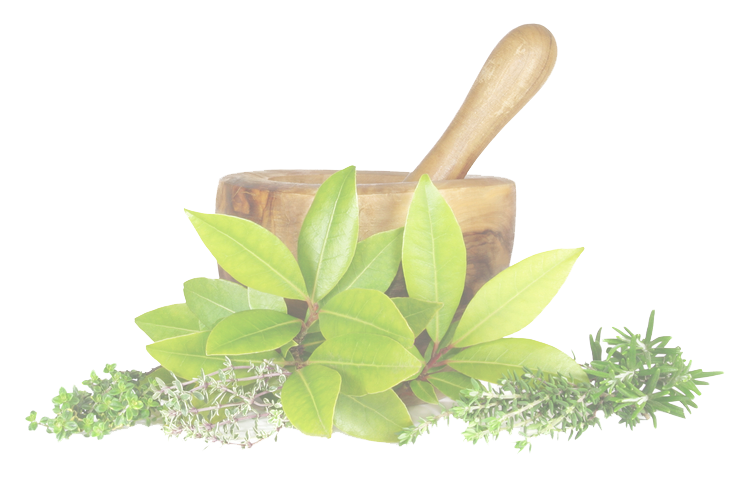Mon - Fri: 9:00am - 8:00pm
Mon - Fri: 9:00am - 8:00pm
Our Ayurvedic doctor for kidney stones in Moshi at Sanjeevan Ayurveda & Panchakarma is pleased to offer the best Ayurvedic care and make sure that patients can get well as soon as possible. Kidney stones may result from a dosha imbalance, according to Ayurvedic principles. Although vata dosha is in charge of mobility and circulation, an imbalance that causes the body's fluids to dry up makes one more vulnerable to the development of stones. Eating a lot of greasy, spicy, or processed food might upset the pitta dosha, which controls digestion and metabolism, which encourages the growth of acidic stones. In terms of preserving the body's lubrication and structure, kapha dosha causes excessive mucus and phlegm secretion, which promotes the development of stones.
Certain toxins, such as ama and alia, can occur due to poor digestion and an unhealthy lifestyle. These poisons have the ability to crystallize salts and minerals and build up in the urinary system. Ama and kidney stones are caused by behaviors like unhealthy eating, consuming too little water, and being sedentary. Along with dissolving stones and aiding in the elimination process, Ayurvedic management of nephrolithiasis focuses on balancing the doshas and effacing toxins. Several unique herbs, dietary and lifestyle adjustments, cleansing, and treatments (Panchakarma) are all part of this extremely rigorous approach.
Kidney stones may lead to various symptoms. The intensity and nature of symptoms can differ based on the size and position of the stones. Typical signs or symptoms of kidney:
Kidney stones are classified into varieties depending on their composition. Each type contains causes and thus has its preventive treatment methods. We have mentioned some types of kidney stones:
To consult Ayurvedic doctor for Kidney stones, visit Sanjeevan Ayurveda & Panchakarma, which is the Best Ayurvedic Clinic for Kidney Stone in Moshi. They can understand the root causes of stone formation and diagnoses it by providing proper Ayurvedic therapies, and lifestyle changes. Due to this, it can help you to achieve long term relief and prevent future occurrences.

